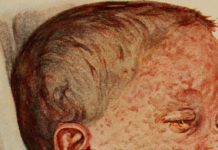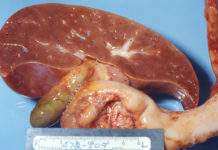
Standing committee recommends compulsory period of service in India for govt medical college graduates
A Parliamentary committee that was vetting the National Medical Commission Bill 2017 has recommended that the provision for a bridge course for Ayush practitioners to practice allopathic medicine should not be a part of the Bill and the final MBBS examination should be designated as the licentiate examination instead of a separate examination that would allow qualified doctors to practice.
The National Medical Commission Bill provides for the Constitution of a commission by that name to replace the elected MCI. Four boards – dealing with undergraduate, postgraduate medical education, medical assessment and rating board and the ethics and medical registration board – will regulate the sector. The Bill was sent to the department related Parliamentary standing committee of health and family welfare during the Winter Session of Parliament.
The committee in its report tabled on Tuesday said: “The Committee is of the view that the bridge course should not be made a mandatory provision in the present Bill. However, the Committee appreciates the need to build the capacity of the existing human resources in the healthcare sector, to address the shortage of healthcare professionals so as to achieve the objectives of the National Health Policy, 2017. The Committee feels that every State has its own specific healthcare issues and challenges. The Committee, therefore, recommends that the State Governments may implement measures to enhance the capacity of the existing healthcare professionals including AYUSH practitioners, B.Sc (Nursing), BDS, B.Pharma etc to address their State specific primary healthcare issues in the rural areas.”
The Committee also recommends for consideration of a compulsory one year rural posting for all doctors graduating out of medical schools
The Committee also recommends for consideration of a compulsory one year rural posting for all doctors graduating out of medical schools













